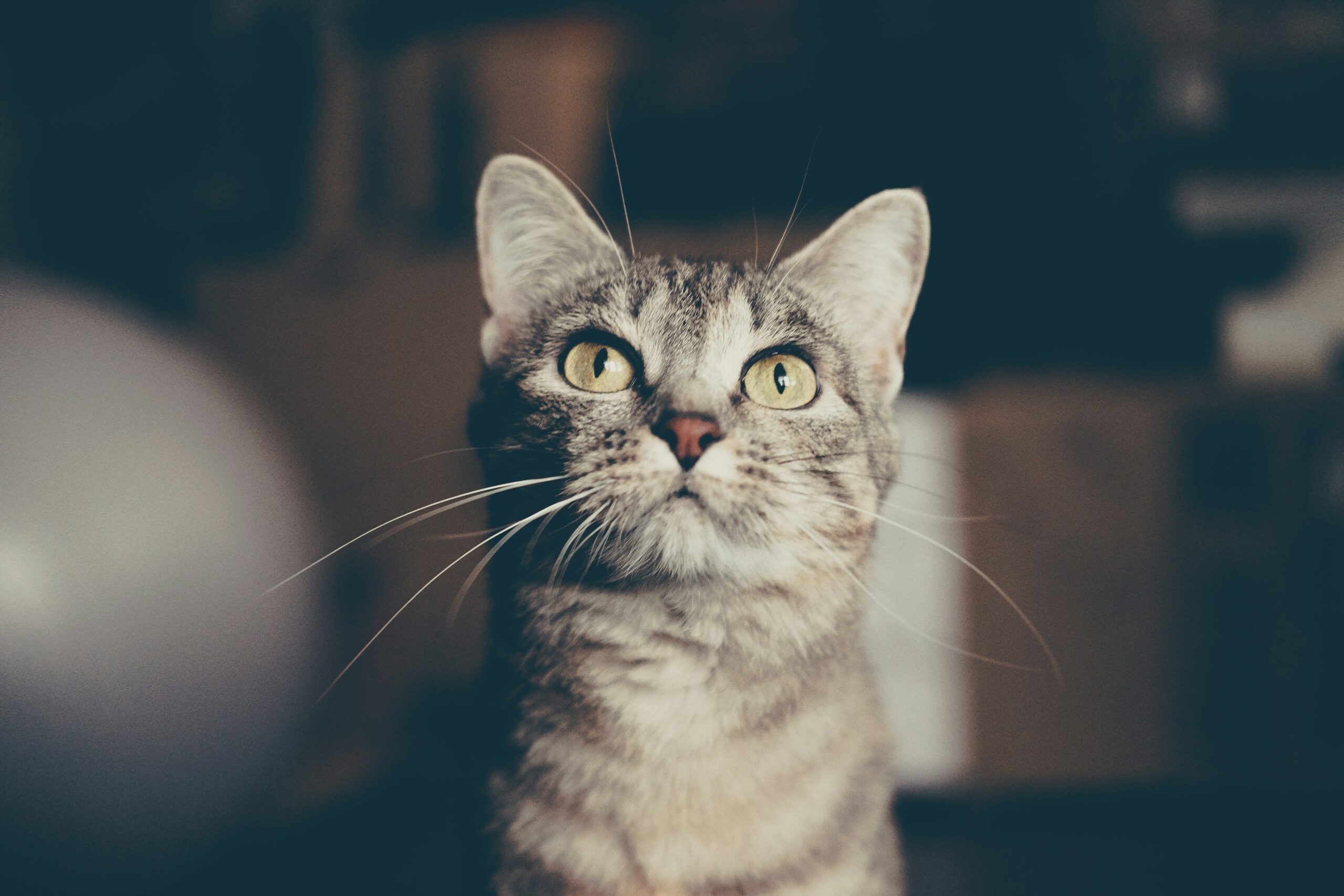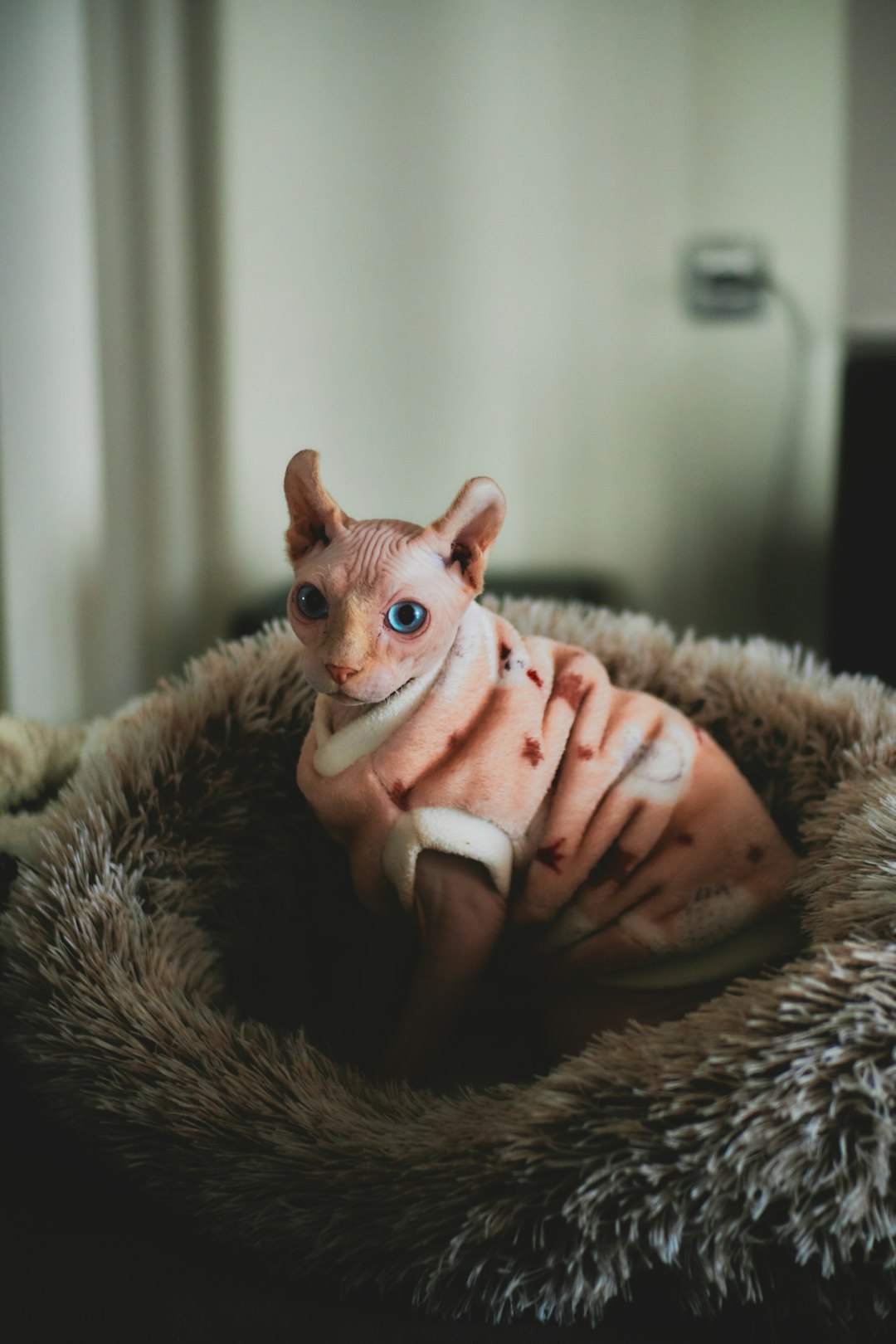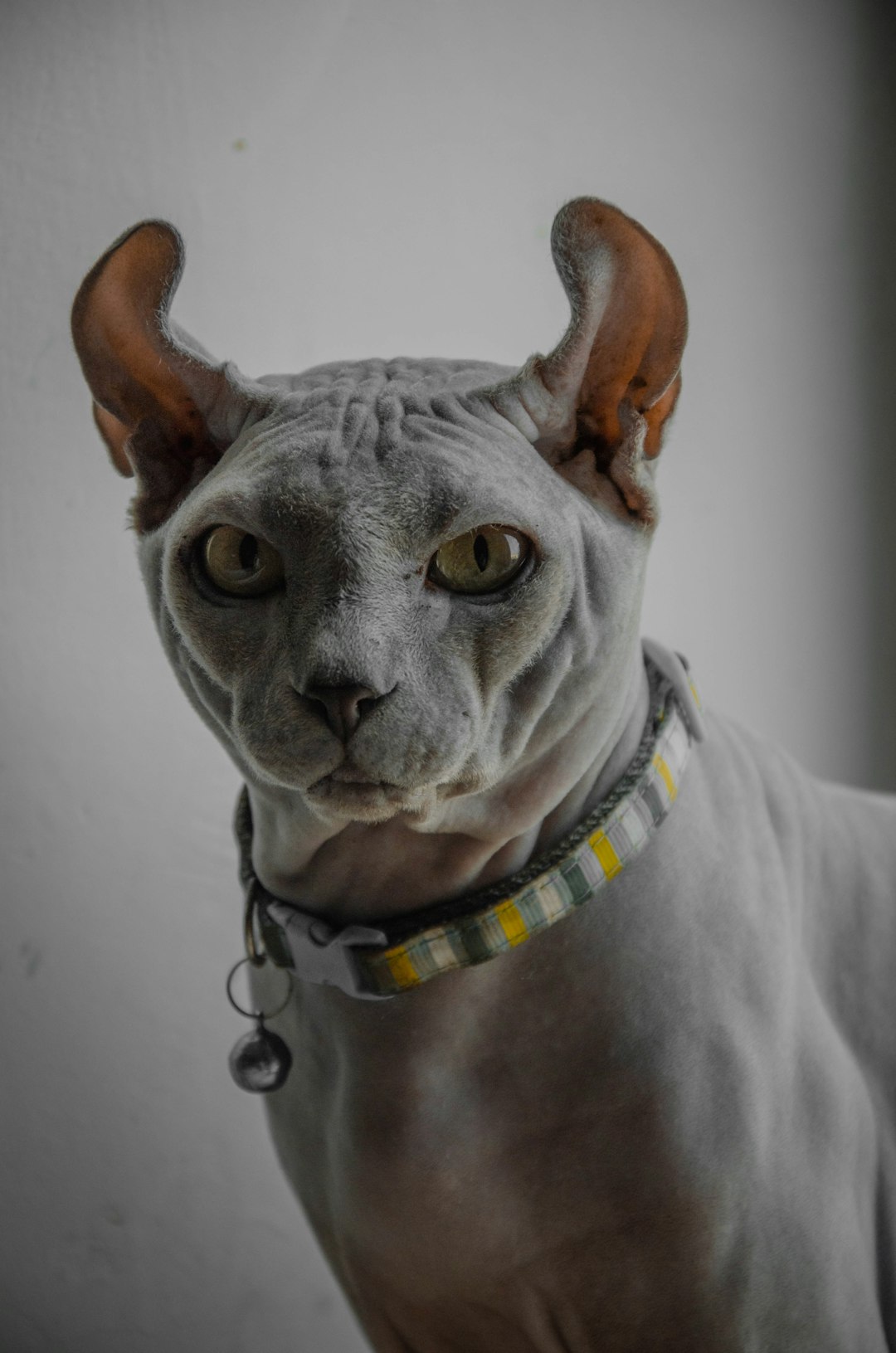Cats are fascinating creatures, often leading us to question their peculiar behaviors. One common inquiry is, do cats spend 75% of their life sleeping? This statistic intrigues pet owners and animal lovers alike, prompting a closer look at the sleep patterns and habits of our feline companions. Understanding how much sleep cats truly need and the factors that influence their resting duration can illuminate their unique lifestyles. In delving into the science behind cat napping, we can uncover essential insights into their health and well-being.
Understanding the Sleep Patterns of Cats
Cats are known for their remarkable sleep habits. In fact, it’s often said that do cats spend 75% of their life sleeping. While this figure might sound exaggerated, it highlights a significant aspect of feline behavior. Here are some key points to consider:
Total Sleep Time: On average, cats sleep between 12 to 16 hours a day, which supports the notion that they do cats spend 75% of their life sleeping.
Sleep Stages: Cats experience two main sleep stages:
- Light Sleep: Cats may be alert and easily awakened during this phase.
- Deep Sleep: This is crucial for physical recovery and brain health.
Nap Frequency: Cats are polyphasic sleepers, meaning they take several naps throughout the day, typically lasting anywhere from 15 minutes to a few hours.
Circadian Rhythms: Unlike humans, who follow a strict day-night cycle, cats are crepuscular, being most active during dawn and dusk. This affects their sleep-wake patterns.
Understanding that do cats spend 75% of their life sleeping connects to their natural instincts helps owners appreciate their unique lifestyle, ensuring a nurturing environment tailored to their restful needs.
The Science Behind Cat Napping
Understanding why do cats spend 75% of their life sleeping reveals fascinating insights into their biology and behavior. Cats are natural predators; thus, their sleep habits reflect their need for energy conservation. Here are key points to consider:
Sleep Cycles: Cats experience both REM (Rapid Eye Movement) and non-REM sleep. During REM sleep, they dream, which may help process information and experiences.
Active Sleep: Cats often enter a state of light sleep, allowing them to respond quickly to potential threats or prey.
Duration and Timing:
- Total Sleep Time: Typical cats sleep between 12 to 16 hours daily.
- Peak Napping Times: Cats are crepuscular, meaning they are most active during dawn and dusk, aligning their naps to conserve energy for hunting.
Interestingly, researchers suggest that environmental factors such as temperature and comfort also impact a cat’s sleep duration. This leads us to ponder again: do cats spend 75% of their life sleeping? While they don’t literally sleep that much, it’s clear their napping habits are crucial for their survival and well-being.
How Much Sleep Do Cats Really Need?
Understanding how much sleep cats need sheds light on the popular notion that do cats spend 75% of their life sleeping. In fact, adult cats typically require 12 to 16 hours of sleep per day, though kittens and older cats may need even more, often exceeding 20 hours of rest.
Breakdown of Cat Sleep Needs:
- Kittens: Sleep 20-22 hours daily, vital for growth and development.
- Adult Cats: Sleep 12-16 hours on average; this varies based on activity levels and individual personality.
- Senior Cats: Sleep can increase to 18-20 hours, as energy levels decline.
Comparison: Cats vs. Other Pets
| Type of Animal | Average Sleep (hours) | Notes |
|---|---|---|
| Cats | 12-16+ | Sleep is essential for health. |
| Dogs | 12-14 | Less sleep than cats, active during the day. |
| Humans | 7-9 | Much fewer hours than cats. |
In conclusion, do cats spend 75% of their life sleeping? While this figure might be exaggerated, it highlights the importance of sleep in a cat’s daily routine, ensuring their overall health and well-being.
Factors That Influence a Cat’s Sleep Duration
Several factors play a significant role in determining how much time cats spend asleep. Understanding these influences can help you interpret your feline friend’s napping habits better.
1. Age
- Kittens and elderly cats tend to sleep more, often reaching the "do cats spend 75% of their life sleeping" threshold.
- Adult cats typically sleep about 12-16 hours a day.
2. Environment
- A calm and secure setting encourages deeper sleep, while stress or noise can lead to restless nights.
- Outdoor cats may exhibit different sleeping patterns due to environmental factors.
3. Activity Level
- Cats that engage in regular play and exercise may sleep longer afterward, recovering their energy.
- Conversely, lazy or sedate cats might lead less active lifestyles, affecting their sleep needs.
4. Health
- Underlying health issues can impact sleeping duration. Sick cats may either sleep more due to fatigue or exhibit insomnia-like symptoms.
- Regular veterinary check-ups can help monitor any changes in sleep patterns.
Curiously, these factors demonstrate how dynamic your cat’s sleep can be, reinforcing the idea that many cats indeed "do cats spend 75% of their life sleeping."
Comparing Cat Sleep to Other Animals
When exploring the question, do cats spend 75% of their life sleeping, it’s insightful to compare their sleep habits with those of other animals. While cats appear to slumber for vast durations, various species showcase different sleep patterns.
Sleep Duration Comparison:
| Animal | Average Sleep Duration | Sleep Percentage of Life |
|---|---|---|
| Domestic Cats | 12-16 hours/day | Up to 75% |
| Dogs | 12-14 hours/day | 50-60% |
| Elephants | 4-6 hours/day | 20% |
| Giraffes | 4.6 hours/day | 17% |
| Humans | 7-9 hours/day | 30% |
As showcased, cats excel in sleep duration. Interestingly, cats are crepuscular, meaning they are most active during dawn and dusk. In comparison, dogs adapt to their owners’ schedules, exhibiting a more flexible sleep pattern.
Understanding these differences not only answers the query about do cats spend 75% of their life sleeping, but also reinforces the importance of sleep in maintaining a healthy lifestyle for pets. Cats naturally conserve energy for their bursts of activity, showcasing the biological necessity of their extended sleep cycles.
The Role of Sleep in a Cat’s Health
Understanding the role of sleep in a cat’s health reveals why do cats spend 75% of their life sleeping. Sleep is essential for physical and mental well-being in felines, and it impacts various aspects of their health, including:
- Restoration: Sleep allows for the repair of tissues and replenishment of energy.
- Cognitive Function: Just like humans, cats require sleep to support memory and learning.
- Immune System Support: Adequate sleep strengthens the immune system, helping cats ward off illness.
Comparison of Sleep Impact by Age
| Age Group | Average Sleep Duration | Health Benefits |
|---|---|---|
| Kittens | 18-20 hours | Growth and development focus |
| Adults | 12-16 hours | Energy maintenance and alertness |
| Seniors | 16-20 hours | Recovery from age-related illnesses |
Indeed, enough sleep is critical in different stages of a cat’s life. Hence, understanding sleep habits sheds light on overall cat health and can even help detect issues early. Ultimately, as owners, being aware of how do cats spend 75% of their life sleeping can foster better health practices for our furry friends.
Common Myths About Cats and Sleep
When it comes to cat sleep habits, several myths often circulate, leading to misconceptions about how cats rest and recover. Let’s debunk some of these myths:
Myth 1: Cats are Lazy
Many believe that since cats do cats spend 75% of their life sleeping, they must be lazy. In reality, their sleep is crucial for energy conservation, especially for hunting instincts.Myth 2: All Sleep is the Same
People often think that cat naps are shallow. However, cats experience two types of sleep: light sleep and deep REM sleep, which helps improve their overall brain function.Myth 3: Cats Only Sleep at Night
Although many cats prefer the nighttime, they are crepuscular creatures, often active during dawn and dusk. Therefore, their sleeping patterns can vary widely.Myth 4: A Sleeping Cat is Unwell
While an unusual increase in sleep can indicate health issues, it’s normal for cats to sleep extensively. In fact, do cats spend 75% of their life sleeping? Yes, it’s a natural part of their behavior!
Understanding these myths fosters a more accurate view of feline behavior, leading to better care and appreciation for our feline friends.
Signs of Sleep Disorders in Cats
While it’s widely accepted that do cats spend 75% of their life sleeping, not all sleep patterns indicate health. Be mindful of these signs that may suggest a sleep disorder in your feline friend:
- Excessive Sleeping: If your cat sleeps significantly more than the average 16 to 20 hours per day, it may indicate a problem.
- Restlessness: Cats suffering from sleep disorders might frequently wake up and change positions, unable to settle down.
- Difficulty Waking: If your cat appears to be hard to rouse or seems disoriented upon waking, this can be a concern.
- Change in Routine: Sudden shifts in sleep habits, such as nocturnal activity when they usually sleep, can signal issues.
- Behavioral Changes: Increased irritability or aggression when disturbed during sleep may indicate a problem.
Recognizing these signs is crucial. If you’re wondering whether do cats spend 75% of their life sleeping contributes to any issues, a vet visit can help discern normal patterns from potential disorders. Maintaining ongoing observations will empower you to support your cat’s health effectively.
Tips for Creating a Comfortable Sleeping Environment
Ensuring your cat has a cozy sleeping space can significantly enhance their quality of sleep. After all, do cats spend 75% of their life sleeping, and optimizing this environment is crucial for their well-being. Here are some tips to create the perfect sleeping nook for your feline friend:
Choose the Right Location:
- Place the bed in a quiet, safe spot away from household chaos.
- Ensure it receives natural light, promoting a soothing ambiance.
Select the Perfect Bed:
- Opt for soft, cushioned beds that provide support.
- Consider enclosed beds or boxes; cats feel secure in snug spaces.
Maintain a Comfortable Temperature:
- Keep the sleeping area warm in winter and cool in summer.
- Use blankets for added warmth during cooler months.
Reduce Noise and Distractions:
- Limit loud sounds and movement near the sleeping area.
- Implement calming scents, like catnip, to promote relaxation.
By focusing on these aspects, you not only support your cat’s likely 75% sleep routine but also enhance their overall health and happiness. After all, a well-rested cat is a happy cat!
What Owners Can Learn from Their Cat’s Sleep Habits
Understanding your cat’s sleep patterns can provide valuable insights into their well-being and needs. As many believe that do cats spend 75% of their life sleeping, this statistic reflects their unique lifestyle and biological necessities. Here are a few takeaways for owners:
Active vs. Resting States: Cats alternate between bursts of energy and periods of rest. Acknowledging this rhythm can help you create a more enriching environment.
Stress Indicators: If your cat suddenly changes sleep patterns, it may indicate stress or health issues. Regular observation is crucial.
Comfort Matters: Providing a cozy sleeping area can enhance your cat’s rest. Consider soft bedding in a quiet location to promote deeper sleep.
Routine is Key: Cats thrive on routine. Maintaining consistent feeding and play schedules can contribute to better sleep quality.
Embrace their natural instincts. By being attuned to your feline’s sleep habits, you foster a supportive environment that aligns with their biological clock. Ultimately, understanding that do cats spend 75% of their life sleeping is just the beginning of nurturing your relationship with your furry friend.



